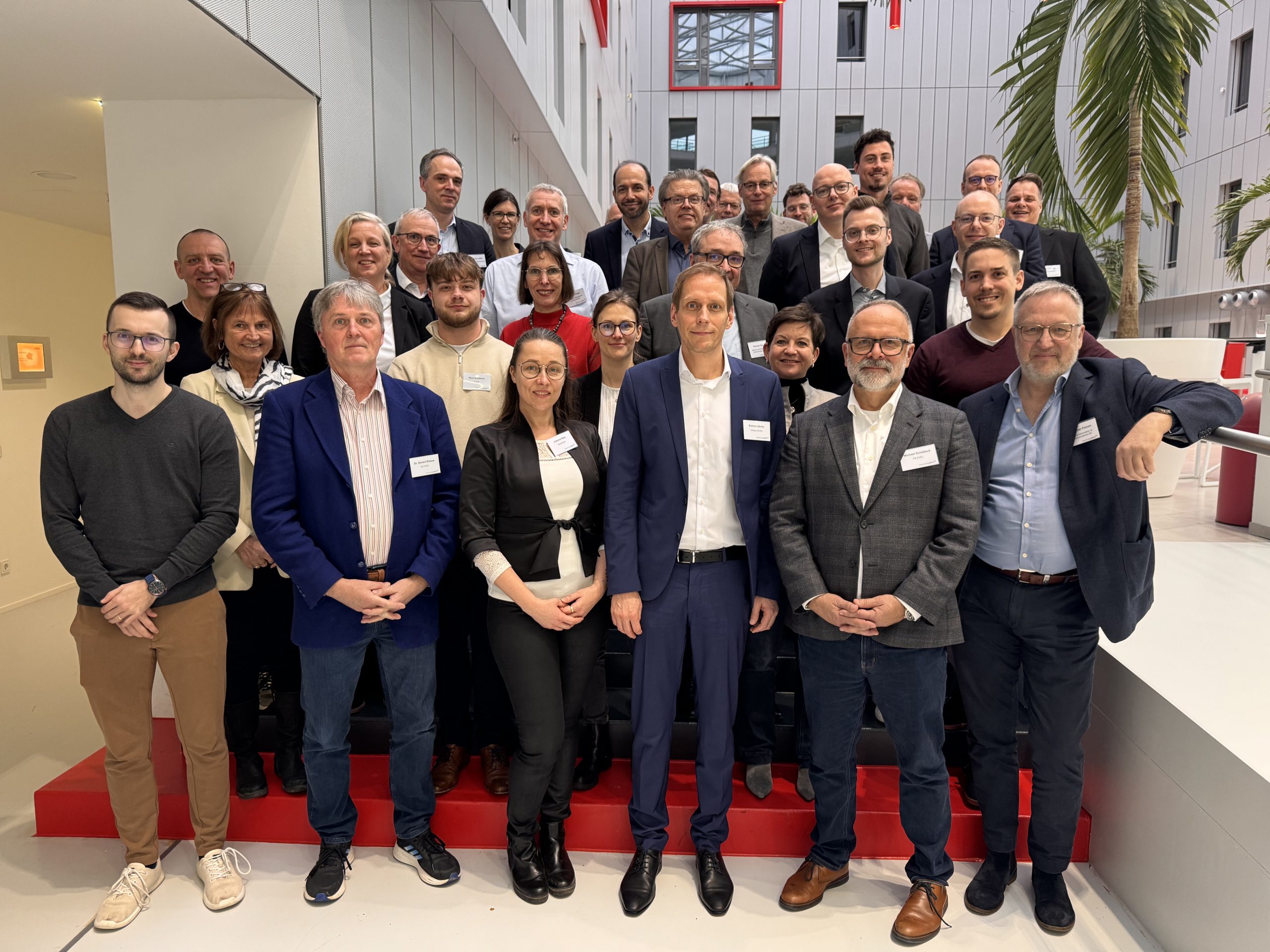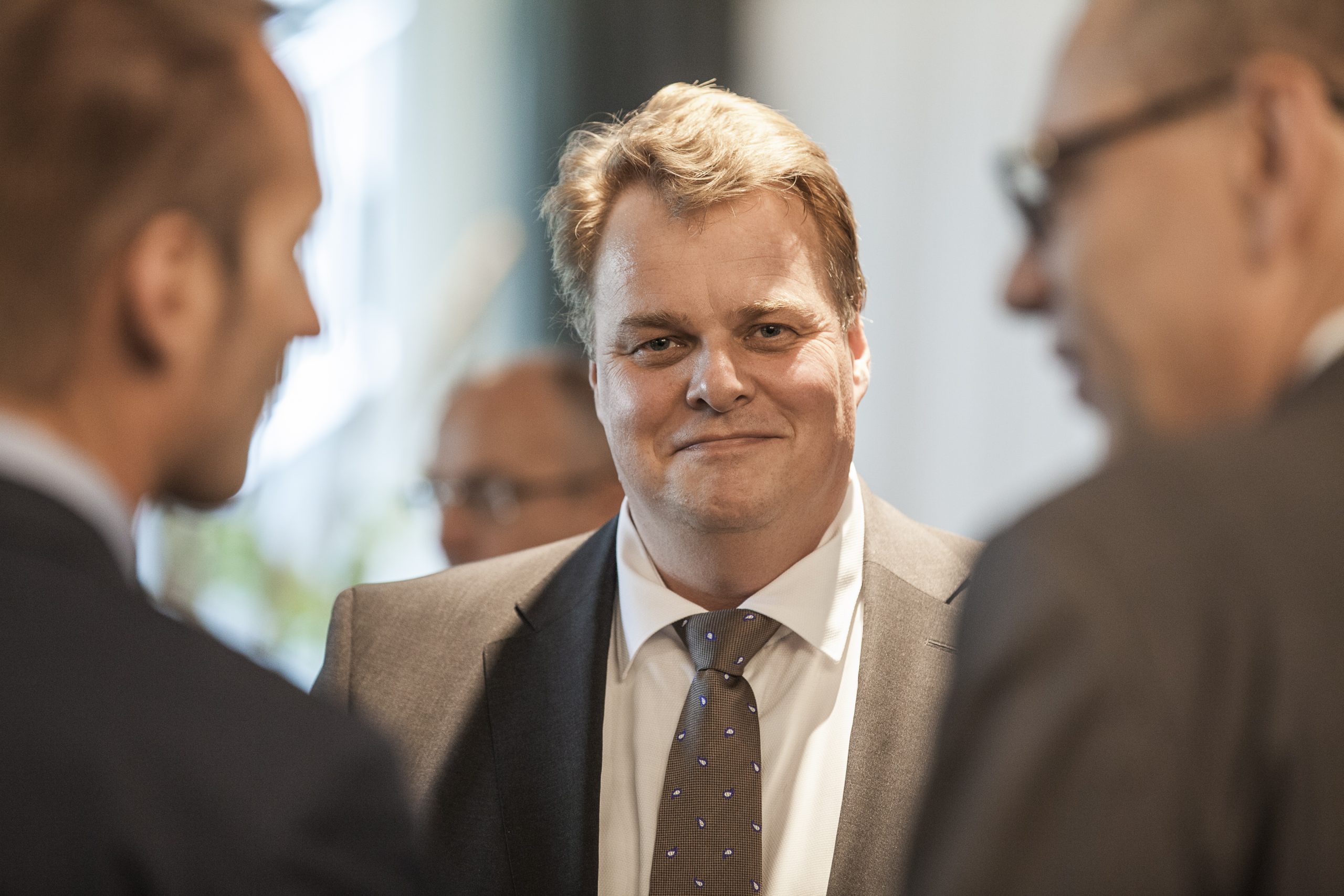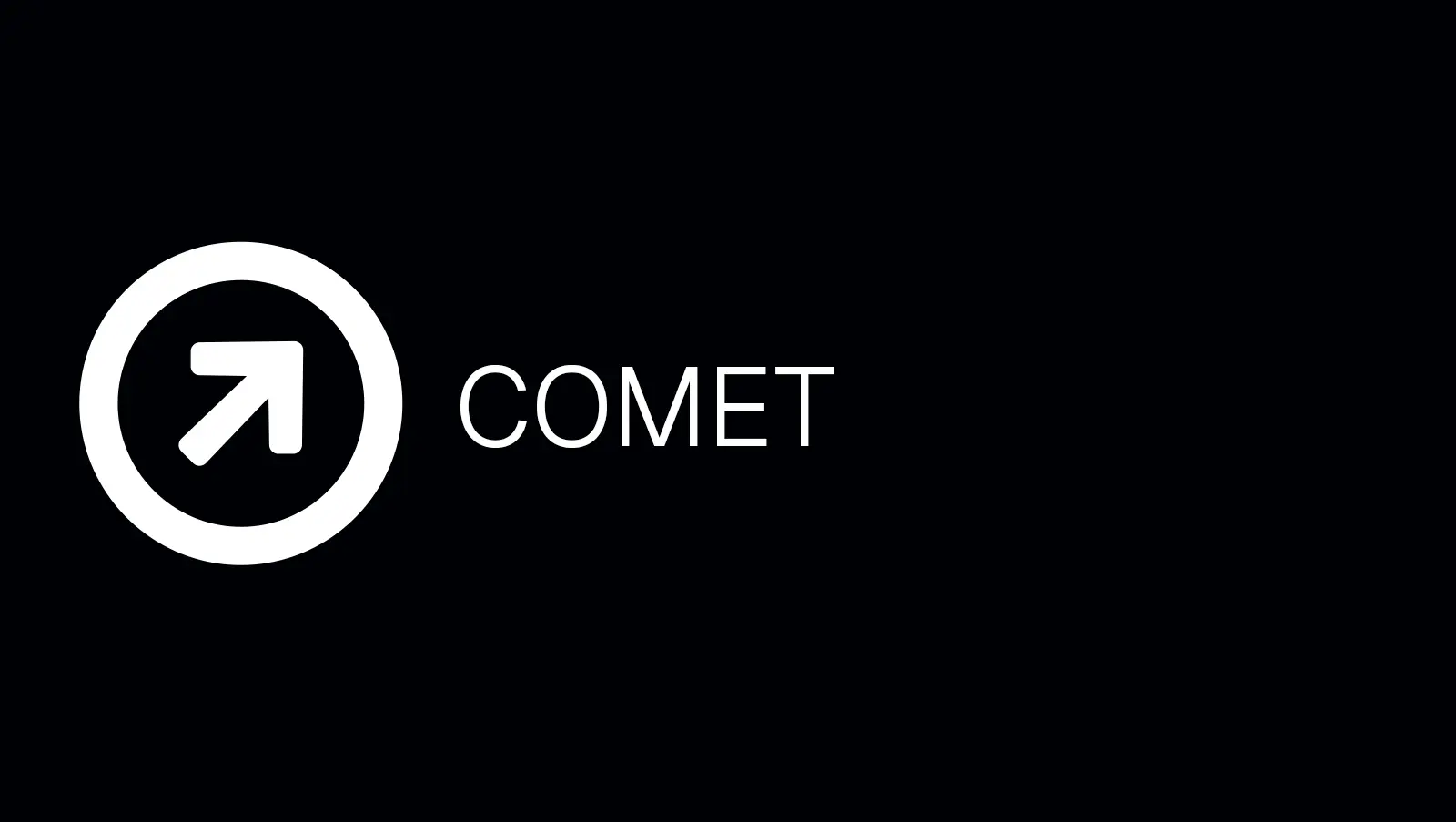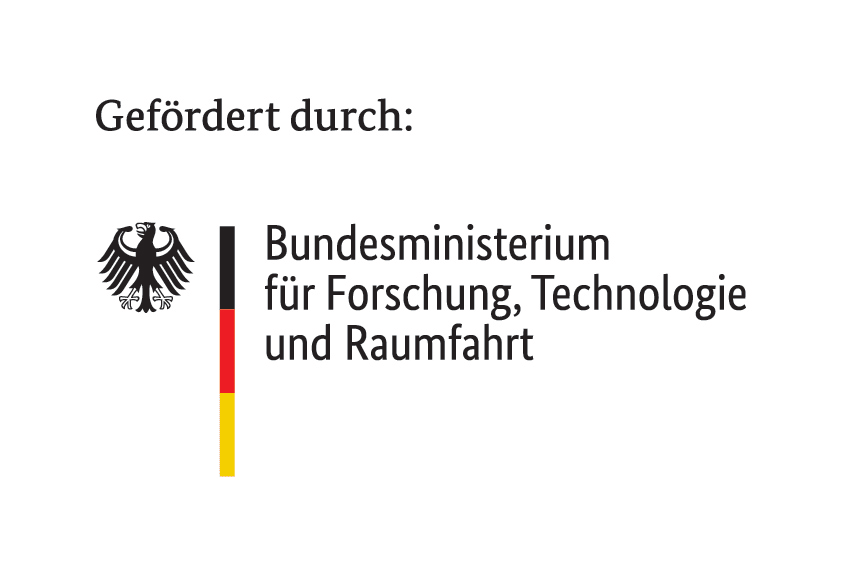Setting the course early on: focus on establishing a governance structure, continuity and sustainable business models
8. April 2025
6 minutes
At the end of the first quarter of 2025, SmartLivingNEXT flagship project is on the home straight in terms of technological development. The design of business models for digital ecosystems and the development of a framework for their management will now be stepped up. Before the end of this year, the necessary investment volume to ensure sustainable operation after the end of the funding phase is to be determined and suitable business plans developed.

SmartLivingNEXT is at a technically advanced stage. The provision and updating of the Dataspace Blueprint is ensured on an ongoing basis. A central focus in the first quarter of 2025 was on supporting the first satellite projects in integrating the blueprint into their respective project context and technical infrastructure. Here, consortium partner Materna carried out preparatory measures to advance ontologies, policies and catalogs or catalog entries together with the satellite projects.
The data flows in the SmartLivingNEXT data room were expanded with additional sensors in the DudoPark test apartments. In addition, the properties of the Gesellschaft für Innovation und Unternehmensförderung(GIU) were initially equipped with a wide range of sensors such as radiator thermostats, multi-sensors for movement, temperature, humidity andCO2, outdoor temperature and soil moisture. All this data is now processed and forwarded to the Dataspace blueprint.
Establishing a governance structure for smart living data rooms
The development of a future governance structure, the development of which is the responsibility of consortium partner LMU Munich, played a central role in the first quarter. The aim is to finalize the design of business models for digital ecosystems and the development of a framework for their management as well as suitable business plans by autumn 2025. This is important so that interested investors know what costs can be expected for the sustainable operation of the ecosystem after the end of the funding phase. On the revenue side, there is income from new business models, savings through efficiency gains and/or a dramatic improvement in the competitive position.
Thomas Hess, Professor of Information Systems and Business Administration at LMU Munich: “We focus on four core elements, namely legal, organizational, operational and technical aspects. For each element, we have different levers to coordinate the various participants in the ecosystem, use control functions, set incentives for engagement in the ecosystem and build trust. The individual elements are not independent of each other. For example, the Data Governance Act as a legal framework helps to establish organizational structures that enable secure data exchange.”
Energy consumption and sensors: How data is trained for the future
In the field of artificial intelligence (AI) and semantics, SmartLivingNEXT flagship project has developed programs through German Research Center for Artificial Intelligence (DFKI) to analyze energy consumption in households. To this end, complex data patterns were analyzed with the help of AI, specifically with so-called Variational Autoencoders (VAEs), in order to generate synthetic data. Non-intrusive load monitoring (NILM) was also used, a method that detects the energy consumption of individual appliances such as refrigerators or washing machines – without additional sensors directly on the appliances. Instead, the total power consumption is measured and analyzed.
Larger and more diverse data sets were generated by simulating energy data. In addition, it was examined how new sensor types such as motion or temperature sensors as well as external information – such as weather data – can be integrated into the simulation. The aim is to be able to predict energy consumption even more precisely and, for example, to better forecast the future electricity production of solar systems.
Second General Meeting in Berlin
SmartLivingNEXT flagship project organized the second general assembly of the SmartLivingNEXT Community. It took place on January 28, 2025 at the Forum Digitale Technologien in Berlin. More than 80 experts from the building automation and digitalization sector, scientific fields and the housing industry were involved. With over 87 consortium partner organizations, the largest research network in the field of Smart Living to date is being created.
“Our community is growing rapidly, on average by one new partner per week. Interest is growing, and the new transatlantic situation in particular is making many people realize how important European data sovereignty will be in the future. All the key technical foundations for the SmartLivingNEXT ecosystem have been successfully developed and are already in the test phase. The integration of the first basic AI services and the connection of further data sources to the SmartLivingNEXT Dataspace have laid the foundation for a technically functional and federated data ecosystem. This will allow us to approach market partners earlier than previously planned and work with them to initiate a continuation concept as early as this fall,” says Michael Schidlack, Principal Researcher at the Research Association for Electrical Engineering (FE) at ZVEI e. V. and consortium leader in SmartLivingNEXT flagship project.
By complying with the EU Data Act, the project sets new standards for the secure and efficient exchange of data in the smart living sector. This will position Germany as a pioneer in international competition and strengthen it as a location for innovation in the digital real estate industry. The main focus this year will be on preparing for the transition to real operations in 2027, with plans to have not only the technical but also the economic framework conditions specified to such an extent by the end of this year that all stakeholders can begin their planning at an early stage.
SmartLivingNEXT community is growing steadily
Seven new associated partners were added to SmartLivingNEXT flagship project in the first quarter of 2025: Bonn Consulting Group GmbH, co.met GmbH, Elsner Elektronik GmbH, Kompetenzzentrum Energieeffizienz durch Digitalisierung (KEDi), Leaftech GmbH, Marko Jank Elektroanlagen and Unternehmensgruppe Krebs GmbH & CO KG. This means that flagship project now consists of eight consortium partners and 45 associated partners.
Listen to the article (in German)
Editorial office:
Ilka
Klein
Category:
Flagship project



